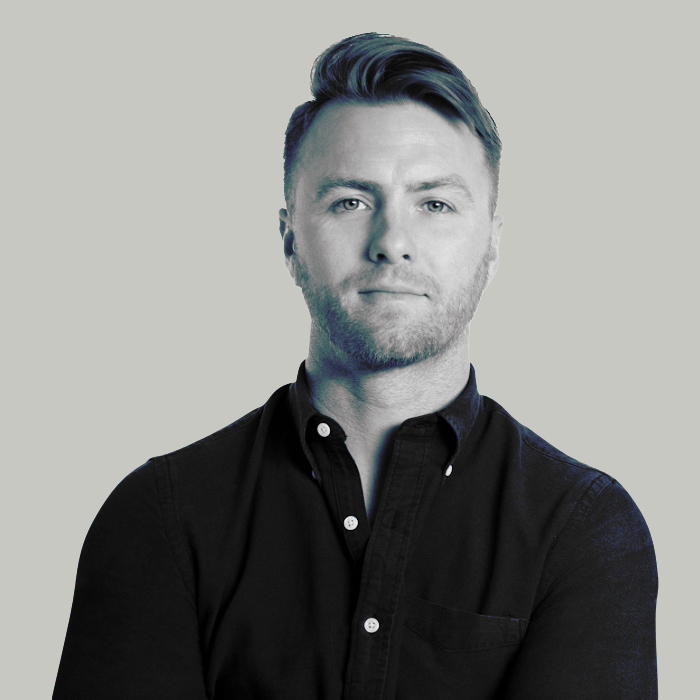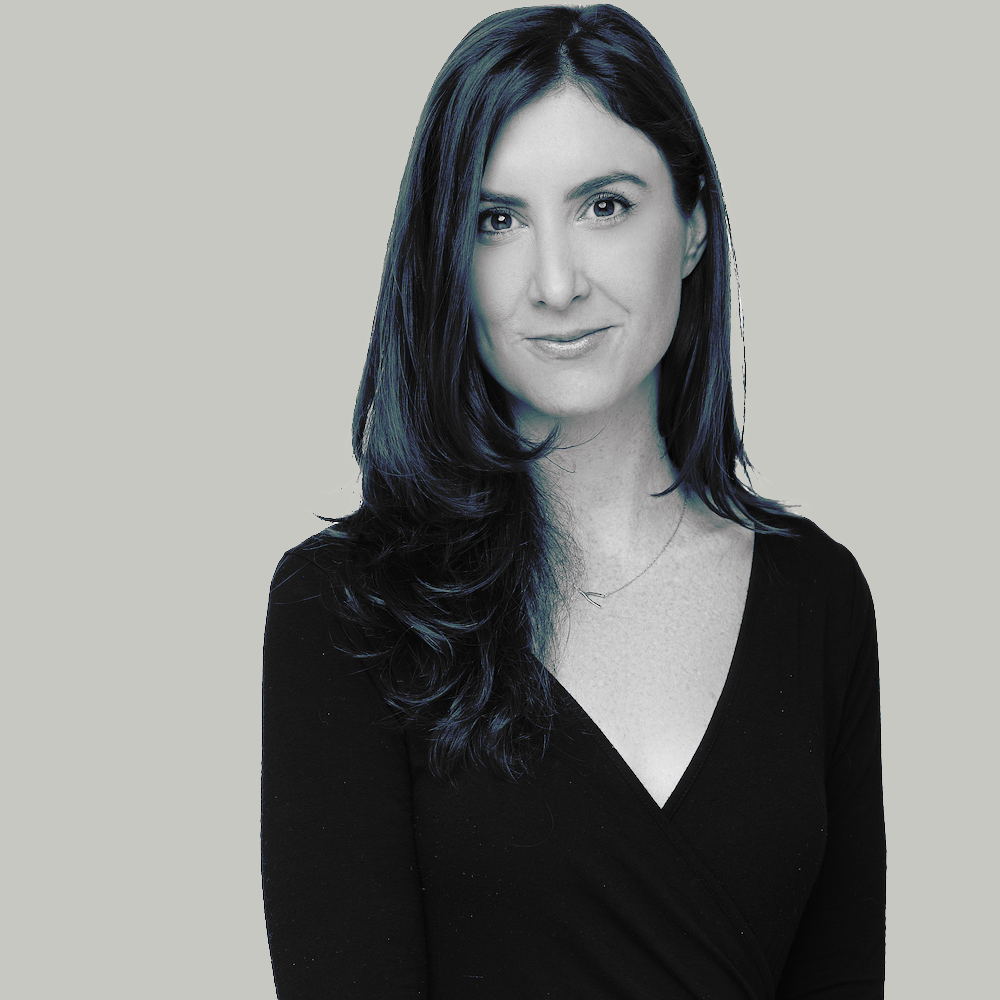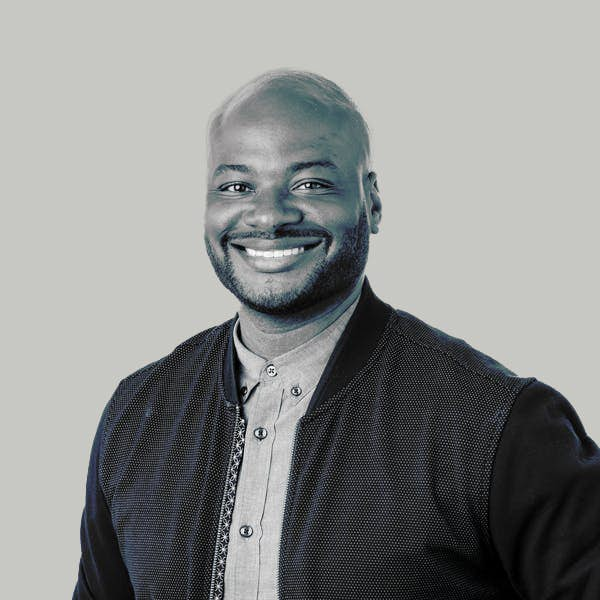A Conversation with Our Seed Fund Team
Our Managing Partners discuss seed investing trends and their approach to sourcing and evaluating early-stage opportunities.

Alumni Ventures’ Seed Fund (formerly Basecamp) offers investors a large, diversified seed and pre-seed investments portfolio. Four full-time Managing Partners lead our investing efforts and are based in three key venture hubs: Catherine Lu and Andrea Funsten in San Francisco, Matt Scott in NYC, and Wayne Moore in Chicago. We sat down with the team to discuss their approach to sourcing and evaluating seed-stage opportunities, examples from our current portfolio, and their thoughts on why established VCs are deploying significant capital to seed-stage companies this year.
Seed Fund Closing December 31
Alumni Ventures’ Seed Fund lets you invest in a fund of ~50-75 diversified, venture-backed companies at the earliest stage, where the opportunities for value creation are typically highest and company valuations are usually at their lowest.
What company traits and deal terms do you look for when sourcing seed opportunities?
Matt Scott: The most important criteria we’re looking at is the team and the founder. We want to understand what earned secrets or life lessons have informed them to pursue this opportunity. Further, we try to understand their adaptability or agility. The only thing that is certain in early-stage startups is that not everything will go according to plan. So founders’ ability to creatively navigate their way out of those challenging situations is a critical criteria for success.
Catherine Lu: We do have a scorecard where we look at the team, as well as the terms of the deal, valuation, and price point. We also consider market opportunities and their traction to date. But the team score is weighted the heaviest on the scorecard for all the reasons that Matt mentioned. In addition, valuation and round dynamics are generally correlated to other areas, like the other investors within the round. So we look at both the company and deal overall when deciding if we want to invest.
Matt: Another piece we consider is, why now? Often, businesses have not timed the market correctly — whether that’s around consumer behavior changes or competition from existing platforms. So understanding why this is the right time for this business to flourish is critical.
How do you cultivate relationships with established VCs and seed-focused firms?
Andrea Funsten: A lot of what we do here is sourcing the proprietary deal flow that we cultivate from sources, co-investors and trusted experts over a long period of time. The VCs that we work with know that as a team, we bring outsized value and help to the companies that we invest in, despite our smaller check size on the cap table. Those relationships have resulted in getting into a lot of deals. Additionally, we are introduced to companies based on our specific areas of expertise from our past lives as founders and operators. For example, Matt for e-commerce enablement, and Wayne for a fresh perspective on content and media businesses, Catherine for machine learning and AI and myself for fintech and real estate.
Catherine: I’ll echo Andrea’s last point: The fact that we are all former operators is key to building authentic relationships with founders. Especially at earlier stages, we have to build mutual trust with them. So it’s a breath of fresh air for many founders who often spend time with folks who don’t have that background. We understand their problems and what they’re going through.
Matt: To that point about trust, I think one of the most compelling aspects of our team is that we all have diverse professional and life experiences that we bring to bear. For example, I spent most of my career as an operator or founder of early-stage businesses. When engaging with portfolio companies, I bring a lot of my personal brand, demonstrating entrepreneurial empathy and respect for the fact that being a founder is really one of the hardest things that you can do. Founders want people that can help grow their business and provide access to capital, but also want to collaborate with someone they like. Having that established rapport is critical.
Wayne Moore: And when we see interesting companies looking to raise that next round, we also share those opportunities with some of the lead investors we’re connected with. So not only are they bringing us interesting opportunities that we can invest in, we’re connecting them with interesting founders.
Meet the AV Seed Fund Team
Our Seed Fund Managing Partners introduce themselves and discuss their approach to sourcing and evaluating potential investments.
See video policy below.
Will you share a deal you sponsored that highlights AV’s investing strategy?
Catherine: For over a year, I had built a relationship with the CEO of Humanly, which offers a conversational AI platform for unbiased recruiting at scale. Initially, he came out of Y Combinator, and when we looked at investing in their pre-seed, it was just too early. But I really loved the mission of the company and kept in close touch. They have since gained a ton of traction, and when their seed came around, they got a term sheet, and I was able to connect with the lead investor. We decided to make a larger investment and syndicate that deal. We now have regular catch-up calls with that lead investor and regularly share deals.
Matt: Top of mind for me is a company called Welcome, which provides compensation planning and real-time data for high growth startups, as well as enterprise businesses. One of the co-founders was formerly the Chief People Officer at a business where I was part of the founding team. So in terms of networks coming full circle, I think that’s just one microcosm of how the startup ecosystem works. Once you’re a part of the ecosystem, you tend to see a lot of the same people, and collaboration builds over time.
AVTV: Welcome
Rick Pereira, Founder of Welcome, shares what motivated him to launch the company, how their product development has evolved, plans for the future, and his ask from the AV community.
See video policy below.
Wayne: I’ll highlight a company called Marine Snow, which is a new music streaming platform. I was really excited about the company because my background is in content and media. The company has a diverse founder I connected with, and brought Matt into one of the diligence calls. Matt thought it was interesting and gave me his perspective on it, and then highlighted the company to another investor that ended up being a part of the company’s investment syndicate.
Andrea: We just completed an investment for a company called GIBLIB, which is a “Netflix for medical procedures” business allowing surgeons to not only watch and train for surgeries, but get required certifications as well. One of the selling points for the founder was the ability to access our investor base, which has a number of medical professionals, doctors, and surgeons, as well as veterinarians and others who could be customers or users for this type of product.
Expert Community Case Study: Sorcero
Learn how we tap our vast network of 600K+ investors, registered experts, subscribers, and community members to provide coaching, advice, and referrals for our portfolio companies.
See video policy below.
Why do you think VCs are deploying significant capital in seed deals this year?
Matt: The segment of the venture market with the highest potential is seed. Valuations are the lowest, and the opportunity for upside is the highest. Now, seed is also the segment of the market where there’s the most volatility and the most downside risk as well. But this is where many of us believe there’s the greatest opportunity. I think that Alumni Ventures benefits because of our co-investment model. We’re not looking to go head to head against funds like Tiger, Andreessen, or Greylock, who are looking to deploy half a billion dollars into seed opportunities over the next 12 to 18 months.
Wayne: And as the seed space gets more competitive with multi-stage firms, follow-on rounds are also getting more competitive. I think so much focus is being placed on seed by those larger firms because they want to have a spot on the cap table for investing in those follow-on rounds.
Catherine: And that’s why flexibility is essential. As Matt mentioned, we are a co-investor, which is one of the few ways you can access the best deals — unless you’re one of the top five lead firms. Also, we can invest not only in seed rounds but also in pre-seed rounds. Interestingly, a seed round today is like a Series A was five to 10 years ago. The fact that we can place money earlier before some of these larger seed funds is also important.
Andrea: I think we’ve also seen a lot of pent-up passion and entrepreneurship from the last two years in the pandemic. Folks are leaving their operating roles and jobs at large firms to do something risky, different, and meaningful. This has in turn created an explosion of investing opportunities at the seed and pre-seed stages.
Meet AV’s Seed Fund Team

Catherine Lu
Managing Partner, Seed FundBefore joining the Seed Fund, Catherine was a successful entrepreneur, product manager, and software engineer. She was Director of Product at NEA-backed DataVisor, an enterprise company offering an unsupervised machine learning fraud solution. Prior to that, she co-founded the retail analytics company Fancy That (acquired by Palantir in 2015). While at Stanford, she built an online platform used by thousands of students and instructors to streamline grading. Catherine graduated from Stanford with a BS and MS in Computer Science, focusing on AI.

Matt Scott
Managing Partner, Seed FundPrior to joining the Seed Fund, Matt was an experienced founder and operator of multiple venture-backed businesses: Integral Ad Science (acq. by Vista Equity Partners), enterprise SaaS platform Suzy (backed by The Foundry Group, Tribeca Venture Partners), and a direct-to-consumer brand (backed by Lerer Hippeau). Earlier, he was a member of the corporate venture practice at Nike and an investor at Coriolis Ventures. He began his career as an innovation strategy consultant for Procter & Gamble. Matt holds an MBA from NYU Stern and BA from Tulane University.

Andrea Funsten
Managing Partner, Seed FundAndrea has worked with early and growth-stage companies as an investor and an operator. Previously, she was an investor at Fika Ventures and Expa, the venture studio started by the founder of Uber. Prior to venture, Andrea was an early employee of proptech company VTS before founding Loop, a two-sided marketplace for tenants to leverage collective buying power for home services. She started her career in commercial real estate at CBRE Group, the world’s largest commercial real estate services and investment firm. Andrea holds a BA from the University of Pennsylvania.

Wayne Moore
Managing Partner, Seed FundWayne has held positions in both successful startups and thriving tech firms and brings a wealth of operational experience building teams, executing deals, and developing clients. He is committed to the growth of the venture and tech community in Chicago, serves as an advisor to a number of startups, and is a founding board member of Great Lakes Academy Charter School. Previously, he led analysis, negotiation, and deal execution for the global content acquisition team at Netflix. Before that, he was VP of Business Development at Silver Chalice Ventures, a digital media startup owned by the Chicago White Sox. Wayne began his career in the US Navy, serving as a Surface Warfare Officer. He holds a BS in industrial engineering from Stanford and an MBA from Kellogg.
Seed Fund Closing December 31
Alumni Ventures’ Seed Fund lets you invest in a fund of ~50-75 diversified, venture-backed companies at the earliest stage, where the opportunities for value creation are typically highest and company valuations are usually at their lowest.
Contact [email protected] for additional information. To see additional risk factors and investment considerations, visit av-funds.com/disclosures.




